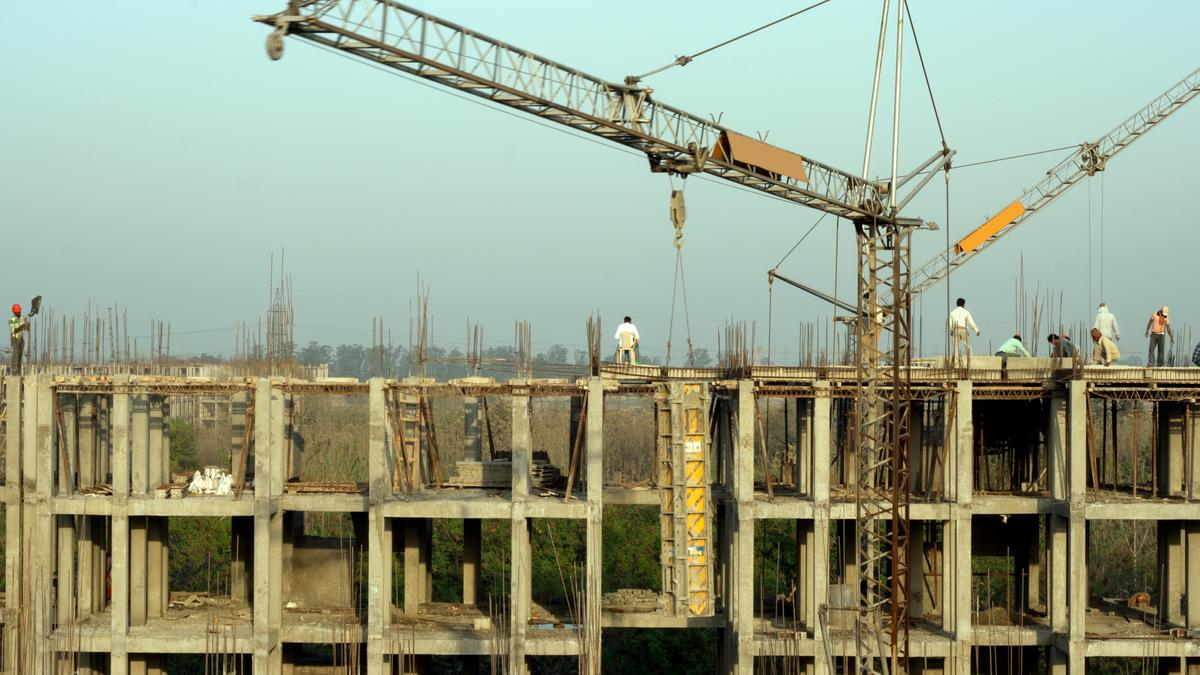20 November 2025 The Hindu Editorial
What to Read in The Hindu Editorial( Topic and Syllabus wise)
Editorial 1: Reset with Riyadh
Context
The United States appears to have decoupled its West Asia strategy for Saudi Arabia and Israel.
Introduction
The evolving U.S.–Saudi engagement marks a decisive shift in Washington’s West Asia strategy, where strategic interests, energy security, and emerging technologies outweigh earlier political tensions. By recalibrating ties with Riyadh after years of strain, the United States signals its intent to build a direct, interest-driven partnership, treating Saudi Arabia as a pivotal actor independent of the Israel normalisation track.
Saudi–U.S. Reset Under MBS: Key Developments
Warming of Ties after a Diplomatic Chill
- Mohammed bin Salman’s White House visitsignalled a clear end to the brief downturn in Saudi–U.S. relations.
- Relations had worsened after the 2018 murder of Jamal Khashoggi, which U.S. intelligence later said was approved by MBS.
- Despite earlier strong statements, Joe Bideneventually moved to rehabilitate MBS, including his 2022 Jeddah visit and a now-symbolic fist bump.
- Donald Trump, architect of the Abraham Accords, defended MBS’s human rights record and pledged major arms sales, including F-35sand tanks.
- Saudi Arabia will also gain access to advanced U.S. computer chips, supporting MBS’s plan for massive data centresand a regional tech powerhouse.
Long-standing Strategic Alignment
- Historically, Saudi Arabia’s human rights recordhas rarely shaped its ties with Washington, which were rooted in energy and geopolitics.
- Strains such as the 1973 oil shock, post-9/11 distrust, and the Khashoggi falloutnever fundamentally altered strategic cooperation.
Israel as a Persistent Complication
- Israel, America’s closest regional ally, still has no formal diplomatic tieswith Saudi Arabia.
- After the Abraham Accords, the Biden administrationsought Saudi participation, and by September 2023negotiations were said to be advanced.
- The October 7 Hamas attackand Israel’s Gaza war froze the process.
- Saudi Arabia now insists any normalisation requires a credible, time-bound two-state roadmap, a condition Israel rejects.
Trump’s Shift: Decoupling Riyadh from Normalisation Pressure
- Trump appears to recognise the regional complexitiesand Israel’s unwillingness to compromise.
- He seems ready to strengthen ties with Saudi Arabia independently, without immediate pressure to recognise Israel.
- Effectively, the U.S. under Trump has de-hyphenatedSaudi Arabia from the Abraham Accords, focusing on direct strategic engagement with Riyadh as part of wider West Asia plans.
Conclusion
America’s outreach to Riyadh reflects a deliberate move to craft a de-hyphenated policy that deepens bilateral cooperation without tying it to immediate Israel–Saudi normalisation. This approach acknowledges regional complexities, Saudi Arabia’s rising geopolitical weight, and shifting global power equations. Ultimately, Washington seeks a more flexible, interest-first framework that positions the kingdom as central to its broader West Asia recalibration.
Editorial 2: Breaking the rules
Context
Post-facto clearance should stay an exception, never the norm.
Introduction
The Supreme Court’s reconsideration of post-facto environmental clearances underscores persistent tensions between environmental protection and regulatory practice. While reaffirming the “EC first” principle, the Court has carved out a narrowly defined space for exceptional regularisation. This shift reflects the challenge of managing past violations without weakening the preventive framework central to India’s environmental jurisprudence.
Supreme Court’s Reversal on Post-Facto Environmental Clearances: Background and Core Issue
- The Supreme Court’s majority decision to reverse its May 2025 stayon post-facto environmental clearances highlights the difficulty of correcting long-standing misuse of environmental law.
- The debate also concerns the legality and form of the Environment Ministry’s notificationsthat had normalised exceptions.
- The Environment (Protection) Act, 1986and the EIA Notifications (1994 & 2006) require prior environmental clearance (EC) before major construction or industrial work begins.
Earlier Judicial Position
- Judgments such as Common Cause (2017)and Alembic Pharmaceuticals (2020) held that post-facto ECs were impermissible wherever prior EC was mandatory.
- The Vanashakti (May 2025)ruling interpreted these cases as completely prohibiting post-facto ECs.
New Majority View
- The Court does not reject the foundational “EC first”
- It identifies a very limited, exceptional spacefor post-facto regularisation, mainly when substantial resources have already been invested and penalties can be imposed.
- Relies on judgments like Alembicand Swamy to justify tightly restricted regularisation.
- The overall structure of the EC regime remains ex ante(preventive).
Limitations of Post-Facto Clearances
- A clearance issued after constructioncannot fulfil the EIA’s purpose of assessing impacts before environmental harm occurs.
- Post-facto ECs only allow penalties, mitigation measures, or closure/demolition
- They remain fundamentally at odds with India’s preventive environmental jurisprudencesince the 1990s.
Concern About Discrimination
- Vanashaktistruck down the 2017 notification enabling post-facto ECs but let existing post-facto ECs
- The majority found this discriminatorybecause past violators received leniency while future violators would not.
- However, such transitional inequality is normal during regulatory clean-upand does not justify reviving an invalid process.
Way Forward
- The Court has reopened the legal question, indicating that limited post-facto regularisationis not completely unlawful.
- The Environment Ministry must treat post-facto ECs as rare exceptions, as they contradict the preventive frameworkof environmental law.
- Concerns about unequal treatment should be resolved by tightening legacy clearances, not by expanding post-facto approvals.
Conclusion
The judgment preserves the primacy of prior environmental clearance while permitting limited post-facto regularisation in rare, justified cases. Yet it emphasises that such approvals remain inherently inconsistent with the ex ante nature of the EIA regime. For long-term ecological governance, the Environment Ministry must ensure that post-facto ECs stay exceptional and strengthen oversight of legacy clearances.
![]()


